Text
<3
October is a thick and hollow bone.

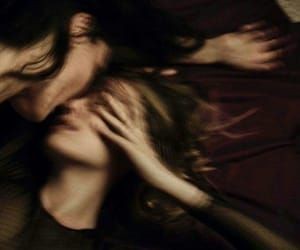
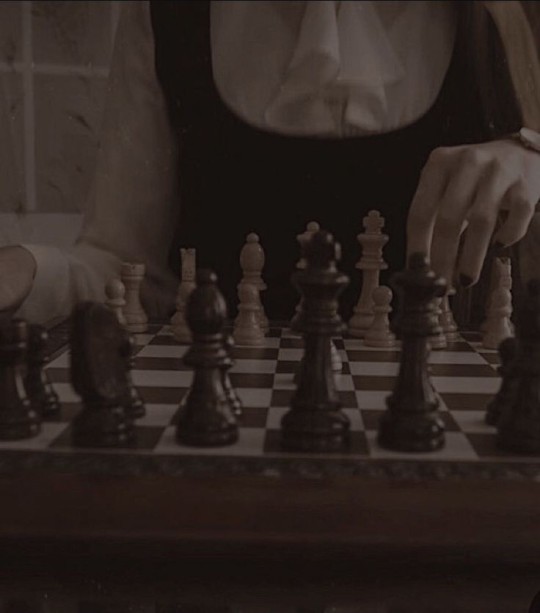
There are cracks down the length of it.
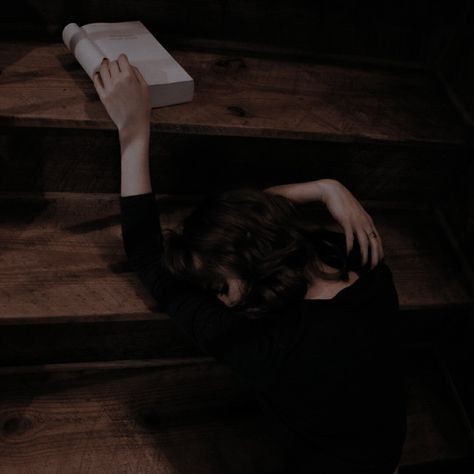
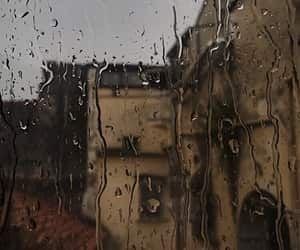

There is ache when it rains.
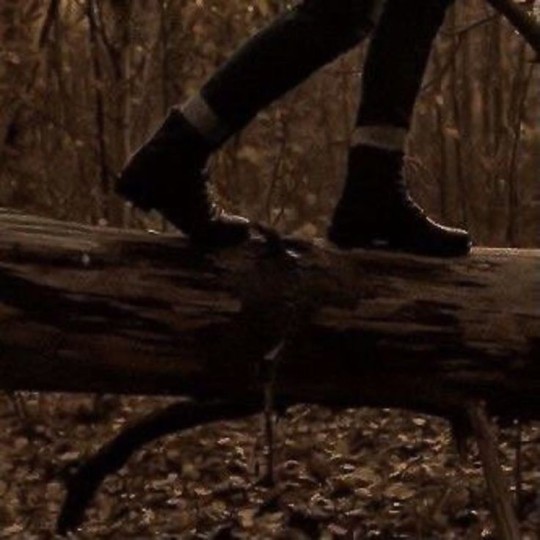

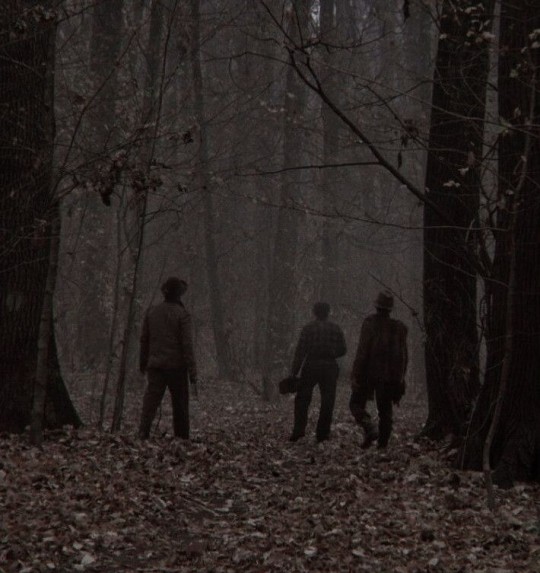
— Gala Mukomolova, from Dear Would be Wife
279 notes
·
View notes
Photo

@bleusthrowaway @chapter7solocat @caramelcat @sapphicchickens @downedcity @biographgirl @lxpalomxnegrx @capjuby @travoltaballad @aprilvoneckfeld @wavingmountains @artemis822 @rheawdw @recuperatingpunk @jennywholesomemoms @micknai @amberr-nicholee @federico-morzenti @ravenheart-girl @traumata @sabrinabenaim @servinggrace-blog @therestlessmoon @earthtide @jennythesavage @feminerds @pluga-pulga @whatdoesapersonlooklike @aporetic @waxharlow
Ray-Ban Sunglasses
2 notes
·
View notes
Text
I just want to feel good again Did you know that horses only lie down besides horses they can trust Do you remember Tennessee that rooftop in South Brooklyn how we slow-danced and you breathed free into my ear and I breathed free right into yours?
— Gala Mukomolova, from “Tennessee, I’m thinking about free falling,” published in Peach Mag
266 notes
·
View notes
Link
“According to the Aymara legends about the creation of Bolivia, the volcanic mountains of the Andean plateau were creations of tragedy. 7 Long ago, when the volcanos were alive and roaming the plains freely, Tunupa - the only female volcano – gave birth to a baby. Stricken by jealousy, the male volcanos stole her baby and banished it to a distant location. The gods punished the volcanos by pinning them all to the Earth. Grieving for the child that she could no longer reach, Tunupa wept deeply. Her tears and breast milk combined to create a giant salt lake: Salar de Uyuni. As Liam Young and Kate Davies observe, “your smart-phone runs on the tears and breast milk of a volcano. This landscape is connected to everywhere on the planet via the phones in our pockets; linked to each of us by invisible threads of commerce, science, politics and power.” “
0 notes
Photo

Gala Mukomolova | from Yes. I rode out west | Hematopoiesis Press Issue 3
3 notes
·
View notes
Quote
We make a pass at a swell in realism, and look for the hook. We back up at the hint of something. We butt in. We try to describe the smell; we trim the fat to pinpoint what seems to be the matter here.” It’s like an asymptote, moving toward but never arriving at the point of convergence. This is, of course, the geometry of cruel optimism—the endless chase for a destination you’ll never reach. It’s tiring work: “When writing fails the relation of word and world, it spins out like car wheels in mud, leaving you stranded and tired of trying.” “All attachment is optimistic,” Berlant argued in “Cruel Optimism,” because it forces us out of ourselves. From there, we enter “into the world in order to bring closer the satisfying something that you cannot generate on your own but sense in the wake of a person, a way of life, an object, project, concept, or scene.” The challenge is finding configurations that don’t simply reproduce the same old patterns of life.
https://www.newyorker.com/magazine/2019/03/25/affect-theory-and-the-new-age-of-anxiety
11 notes
·
View notes
Quote
I like that both poetry and astrology seek to give words to a feeling, to give a pattern a fabric to cling to; it’s nice when they come together on the same tapestry and inspire resonance. And, there’s a little god in both these practices, one that pries your hands open and shows you what you’ve been carrying this whole time. That’s empathy work and the reward is spiritual. When I tell people I write poems or when I tell them I write horoscopes, they give me the same face, a face like capitalism malfunctioning, a face which can’t compute my role in this regime. I find that face soothing.
Gala Mukomolova, interviewed for Tell Tell (via bostonpoetryslam)
308 notes
·
View notes
Text
OMG TRANSLATED!
Return || Gala Mukomolova
There are poets with history and poets without history, Tsvetsaeva
claimed living through the ruin of Russia.
Karina says disavow every time I see her. We, the daughters between
countries, wear our mean mothers like scarves around our necks.
Every visit, mine recounts all the wrongs done against her
ring sent for polishing returned with a lesser diamond, Years of never
rest and, she looks at me, of nothing to be proud of.
I am covered in welts and empty pockets so large sobs escape me in the
backroom
of my Landlord’s fabric shop. He moves to wipe my tears
as if I’m his daughter or
I’m no one’s daughter.
It’s true, I let him take my hand, I am a girl who needs something.
I slow cook bone
grief, use a weak voice.
My mother calls me the girl with holes in her hands, every time I lose
something.
All Russian daughters were snowflakes once, and in their hair a ribbon
long as their body knotted and knotted and knotted into a large translucent
bow.
It happens, teachers said, that a child between countries will refuse to
speak. A girl with a hole in her throat, every day I opened the translation
book.
Silent, I took my shoes off when I came home, I put my house clothes on.
We had no songs, few rituals. On Yom Kippur, we lit a candle for the
dead and no one knew a prayer.
We kept the candle lit, that’s all.
The wave always returns, and always returns a different wave. I was small. I built a self outside my self because a child needs shelter.
Not even you knew I was strange, I ate the food my family ate, I answered to my name.

https://theredlist.com/wiki-2-20-881-1399-1161-235972-236038-view-1910-1920-1-profile-1914-ble-coq-d-or-the-golden-cockerel-b.html
Il y a des poètes de l’Histoire et des poètes sans l’Histoire, Tscetsaeava
revendiquait survivre à la ruine de la Russie.
Karina dit désavoue chaque fois que je la vois. Nous, les filles entre
les pays, portons nos mères malveillantes comme des écharpes autour de nos cous.
A chaque visite, la mienne recompte tout les torts faits à son encontre
une bague envoyée pour être polie est retournée avec un diamant en moins, Années sans jamais
de repos et, elle me regarde, de rien n’est fière.
Je suis couverte de papules et de poches vides si larges que des sanglots m’échappent dans la
pièce arrière
du magasin de tissu de mon propriétaire. Il vient pour essuyer mes larmes
comme si j’étais sa fille ou
je ne suis la fille de personne.
C’est vrai, je le laisse prendre ma main, je suis une fille qui a besoin de quelque chose.
Je cuis lentement l’os
du chagrin, utilise une voix faible.
Ma mère m’appelle la fille avec des trous dans les mains, chaque fois que je perds
quelque chose.
Toutes les filles russes ont été des flocons de neige, et dans leurs cheveux un ruban
long comme leur corps noué et noué et noué en une large et translucide
révérence.
Ca arrive, disent les professeurs, qu’un enfant entre des pays refuse de
parler. Une fille avec un trou dans sa poitrine, chaque jour j’ai ouvert le livre
de traduction.
Silencieuse, j’ai enlevé mes chaussures quand je suis arrivée à la maison, j’ai ôté mes vêtements.
Nous n’avions pas de chansons, quelques rituels. A Yom Kippour, nous allumions une bougie pour les
morts et personne ne connaissait de prière.
Nous gardions la bougie allumée, c’est tout.
La vague revient toujours, et toujours revient une vague différente. J’étais petite. J’ai construit un moi en dehors de moi-même parce qu’un enfant a besoin d’un refuge.
Pas même toi savais que j’étais étrange, je mangeais la nourriture que ma famille mangeait, je répondais à mon nom.

“This poem is about the way immigrant children rewire themselves, how we overwrite our own language coding and in doing so betray our first love, which is sound and meaning. In this way we also betray our families and our child-selves (who need us desperately to return).” —Gala Mukomolova

Gala Mukomolova earned a BA from Hobart and William Smith Colleges and an MFA from the University of Michigan.
Her work has appeared in the Indiana Review, Drunken Boat, PANK, and elsewhere. In 2016 Mukomolova won the 2016 Discovery/Boston Review Poetry Prize. She writes horoscopes on her website, The Galactic Rabbit.
Gala Mukomolova’s chapbook, One Above / One Below: Positions & Lamentations, is forthcoming from Yes Yes Books in spring 2018. She received the 92nd Street Y Discovery/Boston Review Poetry Prize in 2016. She lives in Brooklyn, New York.
5 notes
·
View notes
Text
Kelli María Korducki: Hard to Do
“Romantic love in long-term partnership was, itself, invented alongside the market economy. The partner choices we have as women and femmes of any sexual orientation are a direct inheritance of the conditional freedoms we have gained as a by-product of capitalism, made ambiguous by the inequalities that this system continues to reinforce. My generation of women and femmes might be the first with the unlucky privilege to weigh the contradictions of an ideal partnership and choose outside the conventions of shared wisdom. We are, whether we like it or not, pioneers. What do we do with this mantle we’ve inherited?For those of us who are not straight-leaning, who are not gender-conforming, who have crossed the threshold of middle age in the absence of a partner, this question probably feels a bit dull. The heteronormative rites of middle and upper-class adulthood are small existential potatoes, all in all. But never before in history have we demanded so much of our significant others, such complex criteria alongsocial, economic, emotional, and sexual lines. To complicate existence even further, the parameters of an ideal life have never been less clear. It’s hard to know what we want when the potential stakes are higher than we might want to admit. And despite the widely accepted notion that personal happiness is paramount above most other things, the liberty to accept this as truth is so new that it isn’t always apparent when we do or don’t have it.”
read more.
2 notes
·
View notes
Text
SARAH SCHULMAN PUBLISHING TRIANGLE AWARD SPEECH
We are living right now in a very sick society, currently in the throes of a national cataclysm, and so, among the other twisted logics of white supremacy, male power, and violent nationalism, we also have this constant false messaging that repetition of what is already known is good writing, and familiarity equals quality, when in fact it is the other way around: the most culturally valuable work is the invitation to question ourselves, how we think, and to vigorously question how we live. Someone once told me that Picasso said “The innovator makes it ugly and the derivator makes it beautiful” – meaning that the struggle to break through to a new place that has never been seen before is classified as “wrong” while watering down those discoveries and innovations until they are entirely palatable is what we are told to strive for. And this applies to LGBT work as well.
Unfortunately there is absolutely no relationship between quality and reward. I say this as a person who has been rewarded and at other times eliminated. Most art that is rewarded in an unjust society is work that re-enforces that society’s operative values. And when you look at the LGBT work that has been canonized, much of it makes the dominant culture very self-satisfied. Occasionally something or someone that is actually of great value does get rewarded, but usually not because of their real accomplishment, it’s usually because the person or the work also fits the agenda of the gatekeepers’ need to see themselves as liberal or inclusive. It is important that we not be fooled by the allure of acceptance, as much as we all want it and should have it. For, too often the introduction of some queer person of great gifts into the reward system produces tokenism instead of cultural expansion, because that person’s individual success does not represent a paradigm shift, but actually enhances the gatekeepers’ power.
Read more.
0 notes
Quote
Desire doesn’t aspire to anything other than itself–
Alina Pleskova, from “Re: Eros,” The American Poetry Review (vol. 47, no. 3, May/June 2018)
142 notes
·
View notes
Text
Blackest Hole
It is a truism of modern astronomy that every galaxy has a hungry heart, to paraphrase Bruce Springsteen, in the form of a massive black hole gulping gas, dust and even stars.
Astronomers in Australia now say they have found the hungriest heart in all the cosmos. It is a black hole 20 billion times the mass of the sun eating the equivalent of a star every two days.
A hungry heart in the constellation of Pisces... who is surprised?
1 note
·
View note
Text
Diana Hamilton: Expository Writing On Some Kisses
“sometimes the women who kiss mostly women kiss entirely impatiently, you’ve just entered the house and kissed their cheek and they’re already on their knees.”
2 notes
·
View notes
Audio
Poet Diane Seuss talks with poet and novelist Carrie Fountain about how writing her poem "Song in My Heart" gave her strength after a devastating divorce.
0 notes
Link
Patience. Rage and being told “be patient.”
The birds with orange heads and dust-colored bodies bob on the powerlines.
The poet explains a patient is “one who suffers.”
Beneath the underpass, a chair overturned in the fenced-in weeds
toward which a misplaced tenderness arises.
1 note
·
View note
Text
Everytime we let a lesbian mother lose her child and did not fill the courtroom – It was an act of perversion.
Everytime we let straights make out in our bars while we couldn’t touch because of laws – It was an act of perversion.
Everytime we put on the proper clothes to go to a family wedding and left our lovers at home – It was an act of perversion.
From Pat Parker’s Where Will You Be
3K notes
·
View notes
Photo
RELEVANT TO MY LIFE









Eastern European lesbian poets, writers.
Irena Klepfisz (1941-) is a Jewish-Polish lesbian activist, author, academic. Currently lives in America.
Marina Chen (1970-), is a Koryo-saram lesbian poet from Russia.
Olga Krause (1953-) is a Jewish lesbian from Russia, a poet, author, and musician.
Erzsébet Galgóczi (1930-1989), was a Hungarian writer, playwright, and screenwriter. Started living openly as a lesbian from the 1970s.
Sophia Parnok (1885-1933), often dubbed as “the Russian Sappho”, was a Jewish-Russian lesbian poet, and the first openly-lesbian poet of Russia.
Anna Barkova (1901-1976), was a Soviet poet, who survived three periods of inprisonment, the first arrest was for writing an ironic poem about Stalin. Wrote about her sexuality in her diary.
Nataša Velikonja (1967-) is a sociologist, poet, essayist, translator, lesbian activist from Slovenia.
Masha Gessen (1967-) is a Jewish-Russian and American journalist, author, activist. Described as “Russia’s leading LGBT rights activist”.
Mima Simić (1976-) is a Croatian writer, film critic, translator, and an LGBT rights activist.
4K notes
·
View notes